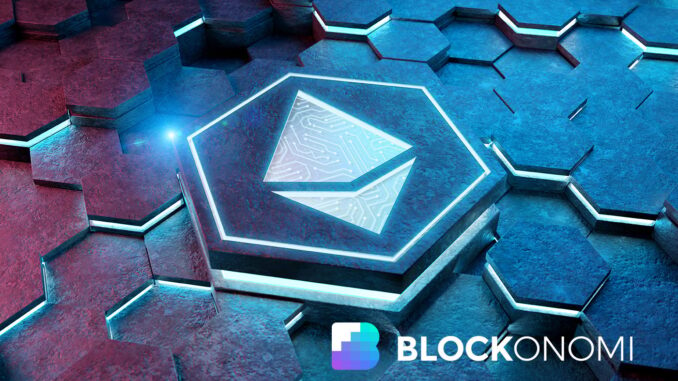
Ethereum core developers plan to roll out the Pectra upgrade, Ethereum’s next major upgrade by the end of Q1 2025, according to the latest updates. Pectra, short of Prague/Electra, is the next anticipated network upgrade after the Cancun upgrade in March.
Previously, the developer team expected it to come in late 2024 or early 2025.
In the meeting minutes published by Tim Beiko, in charge of running core protocol meetings for Ethereum, Ethereum developers proposed delaying the Prague hard fork to Q1 2025. This would allow more time for testing and expanding its scope to include impactful features.
After considering various deployment timelines, including launching Pectra before the Devcon conference in November 2024, deploying it after the conference, or waiting until Q1/2025, the team chose the final option.
Some more up to date thoughts the next hard fork after Cancun, Pectra (Prague + Electra):* Ship Pectra by end of Q1 2025.* Include PeerDAS for Rollups to scale. * Include EOF for improving the EVM on both L1 and L2.
Longer doc inside.Excited for the conversation to continue. https://t.co/lNwYg0I4vj pic.twitter.com/80dJfALaSv
— Georgios Konstantopoulos (@gakonst) May 23, 2024
More Moves Coming From ETH
With the upgrade set for Q1 2025, the team could avoid rushed development. Speeding up the process before Devcon could introduce critical bugs during a high-profile event where the Ethereum community gathers globally while introducing the upgrade right after Devcon could face holiday disruptions.
In addition to setting the timeline, developers also proposed scope expansion for Prague. As noted, regarding consensus layer, they plan to include PeerDAS to increase Ethereum’s Data Availability capacity before Osaka.
On the execution layer front, they planned to implement EOF to improve smart contract security and developer experience. Developers also considered replacing EIP-3074 with EIP-7702 and patching EIP-2935.
The proposed scopes aim to reduce pressure on validators’ network bandwidth, proactively address potential data availability issues for rollups, and enhance Ethereum’s scalability and developer experience.
In addition, the Ethereum team also mentioned the potential integration of Verkle Tree, a data structure change to further expand the scale of the ETH network. The improvement is planned for the post-Pectra upgrade called Osaka in 2026.
The upcoming Pectra upgrade marks a significant milestone for Ethereum, aiming to enhance the network’s performance, security, and scalability. This is a strategic move, not just to address the growing demands of users and decentralized application (DApp) developers, but also to solidify Ethereum’s position as a leading blockchain platform.
While Cancun tackles Layer 2 transaction fees, Pectra takes a user-centric approach. It prioritizes improvements to user experience, aiming to make interacting with Ethereum more seamless and flexible.
EIP-3074 vs EIP-7022
EIP-3074 is an Ethereum Improvement Proposal (EIP) designed to improve the interoperability and security of transactions on the Ethereum network. This proposal is especially important in simplifying transaction processing and increasing the flexibility of e-wallets using smart contracts.
EIP-3074, while offering benefits, comes with potential security risks. Invoker contracts, designed to act on a user’s behalf, can be misused if not secure. This raises concerns about user trust and the importance of careful selection and management of these contracts.
Additionally, the introduction of new transaction types increases overall complexity, potentially confusing users and making it difficult for developers to guarantee transaction security.
Finally, implementing EIP-3074 at scale requires careful consideration to ensure compatibility with existing systems, adding another layer of technical challenge.
Recognizing the limitations of EIP-3074, Vitalik Buterin and other Ethereum core developers have introduced a new proposal: EIP-7702. This EIP aims to improve upon EIP-3074 by introducing a new transaction type that allows EOAs to function like smart contract wallets.
According to developers, EIP-7702 is designed with the future “account abstraction” feature in mind. It avoids burdening this feature with unnecessary details related to ERC-4337. Account abstraction allows wallets to act as smart contracts, enabling features like multi-factor authentication, social recovery, and flexible token transactions for users.
Uniswap founder Hayden Adams said EIP-7702 will be an alternative to EIP-3074 with increased compatibility and quantum resistance. Ethereum is still growing, and will be even better in the coming years.






Be the first to comment